Testex Press Release - July, 22, 2015
Penfabric is now MADE IN GREEN
Penfabric STeP by OEKO-TEX® Certification
Penfabric is the world’s first integrated textile company undertaking yarn spinning, greige weaving to dyeing and finishing, to be awarded the STeP by OEKO-TEX® certificate for Sustainable Textile Production and with it, the product label Made in Green by OEKO-TEX®.
Malaysia is recognised for quality, reliability and prompt delivery of a myriad and ever-changing range of fashionable apparel and textile items. The growth of Malaysia's textiles and apparel industry accelerated in the early 1970s when the country embarked on export-oriented industrialisation. Due to intensified global competition, Malaysia textile manufacturers have since moved up the value chain by diversifying into the production of higher value-added textiles, implementing automated and computerised manufacturing processes, seeking business collaboration with foreign companies to acquire new technologies and undertaking research and development activities to develop new processes, new applications and value-added products. This is a path well-travelled by Penfabric.
A wholly-owned subsidiary of Toray Industries Inc., Japan, Penfabric is a vertically-integrated textile manufacturer based in Penang, Malaysia. Its two mills undertake spinning, weaving, dyeing, printing and finishing operations to produce yarns, grey fabrics, finished fabrics, piece-dyed fabrics, printed fabrics and yarn-dyed (gingham) fabrics. Ingenuity, technical expertise and state-of-the-art machinery drive Penfabric to be one of the best textile companies in the world.
Penfabric knew very well that the textile industry had changed in many aspects since it started operations in 1973. Today, there is a clear upsurge in market demand for sustainably manufactured products as they have learnt from the many customer visits, audits and certifications that scrutinized their performance in occupational safety, environmental management, chemical management, social responsibility and product quality. The company strives to demonstrate compliance with the expectations of their existing, as well as potential customers. All the Penfabric production facilities are certified in accordance with the specifications of quality management system ISO 9001-2008, and ISO 14001 environmental management system.
Penfabric has been certified for OEKO-TEX® Standard 100 since 1996. Guided by Toray’s corporate philosophy of “Contributing to Society through the creation of new value with innovative ideas, technologies and products” Mr. H.S. Teh, Chairman, is convinced that sustainability can be achieved by continually striving to balance its corporate objectives with the needs and aspirations of its stakeholders, including the local communities in which it operates. "Today, to be a great company, we have to be a Good Corporate Citizen. Through our efforts to drive sustainable economic growth and thoughtful actions to bring positive changes, Penfabric is well on her way to be a great sustainable company!”
Penfabric opted for STeP by OEKO-TEX® because “in contrast to some other certifications, OEKO-TEX® STeP provides a sound assessment of sustainable production conditions specifically tailored to the textile industry. With OEKO-TEX® STeP’s more efficient and comprehensive certification process, Penfabric saves time and resources otherwise required for other audits. Its all-inclusive package enables the company to provide clear and complete documentation of our commitment to sustainability throughout the supply chain.”
Penfabric, and with it its products, is now certified with both STeP as well as OEKO-TEX® Standard 100, both required for implementing Made in Green by OEKO-TEX®. This label shows the consumer that the textiles concerned are tested for harmful substances and sustainably produced in accordance with OEKO-TEX® guidelines. Penfabric has recently started implementing Made in Green by OEKO-TEX® and is now labeling its first products accordingly.
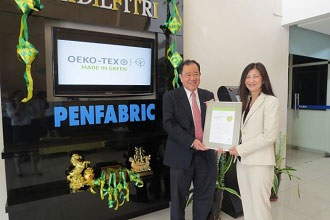
Mr. H.S. Teh, Chairman of Penfabric, receiving the STeP certificate from Cynthia Lum, Manager of TESTEX Malaysia
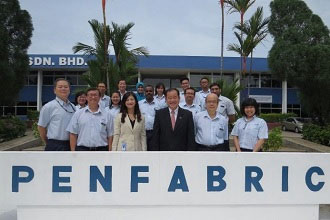
Penfabric STeP Team & Cynthia Lum
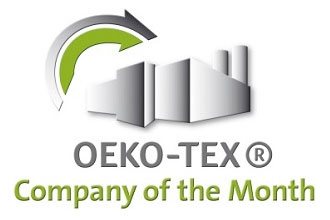
OEKO-TEX® Company of the Month In February 2014, Penfabric was selected as the OEKOTEX® Company of the Month for its commitment to human ecological product safety and sustainable production conditions.
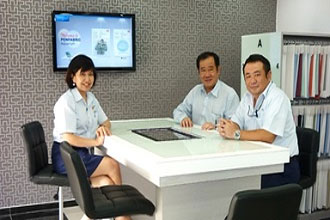
Penfabric Aquarium – Digital Showroom
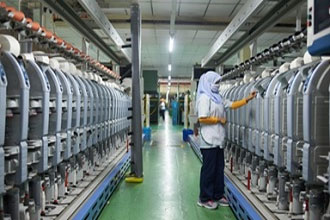
All the Penfabric production facilities are certified in accordance with the specifications of quality management system ISO 9001-2008, and ISO 14001 environmental management system.
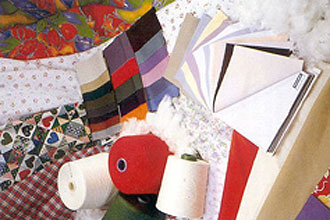
Penfabric’s two mills undertake spinning, weaving, dyeing, printing and finishing operations to produce yarns, grey fabrics, finished fabrics, piece-dyed fabrics, printed fabrics and yarn-dyed (gingham) fabrics.
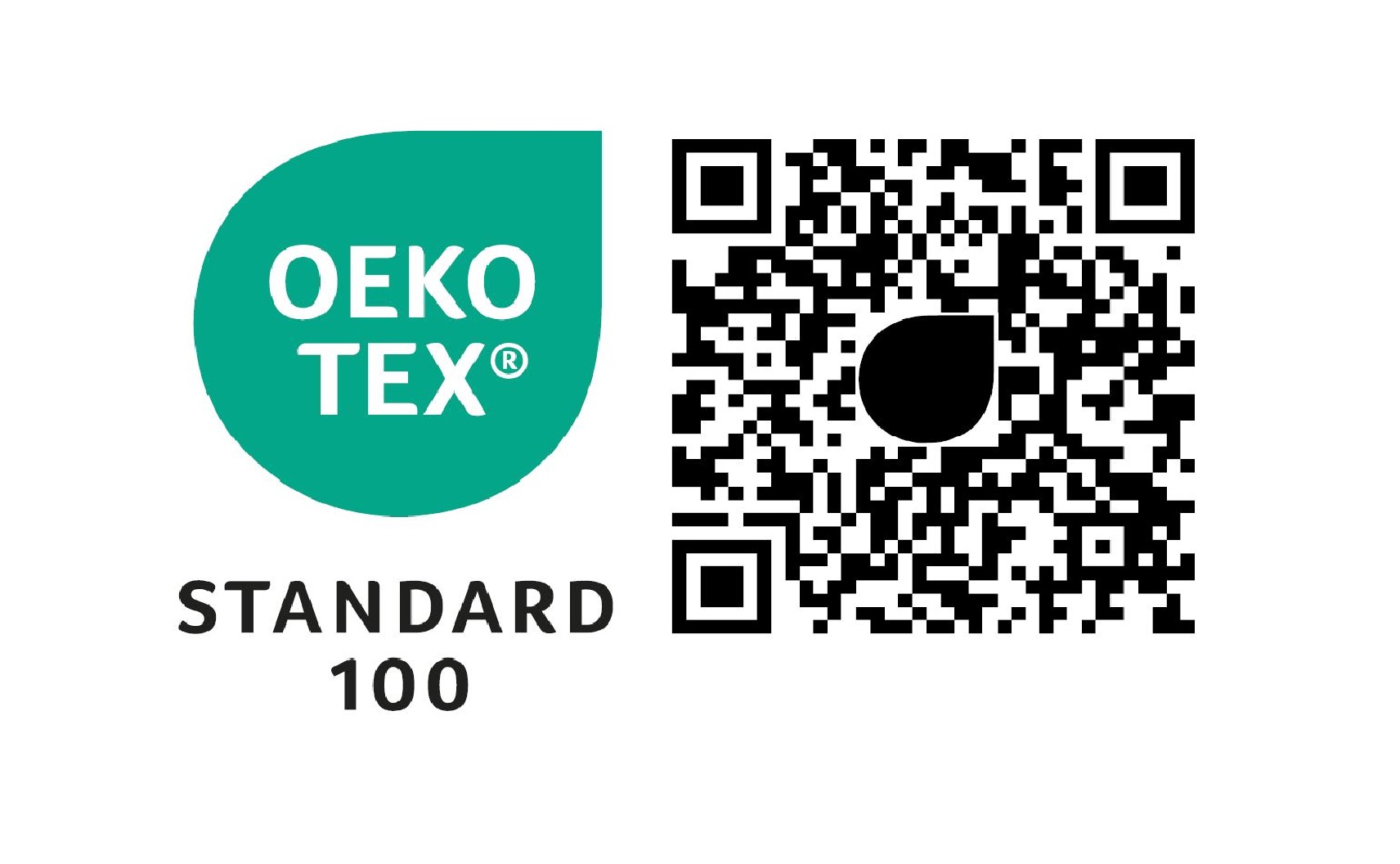
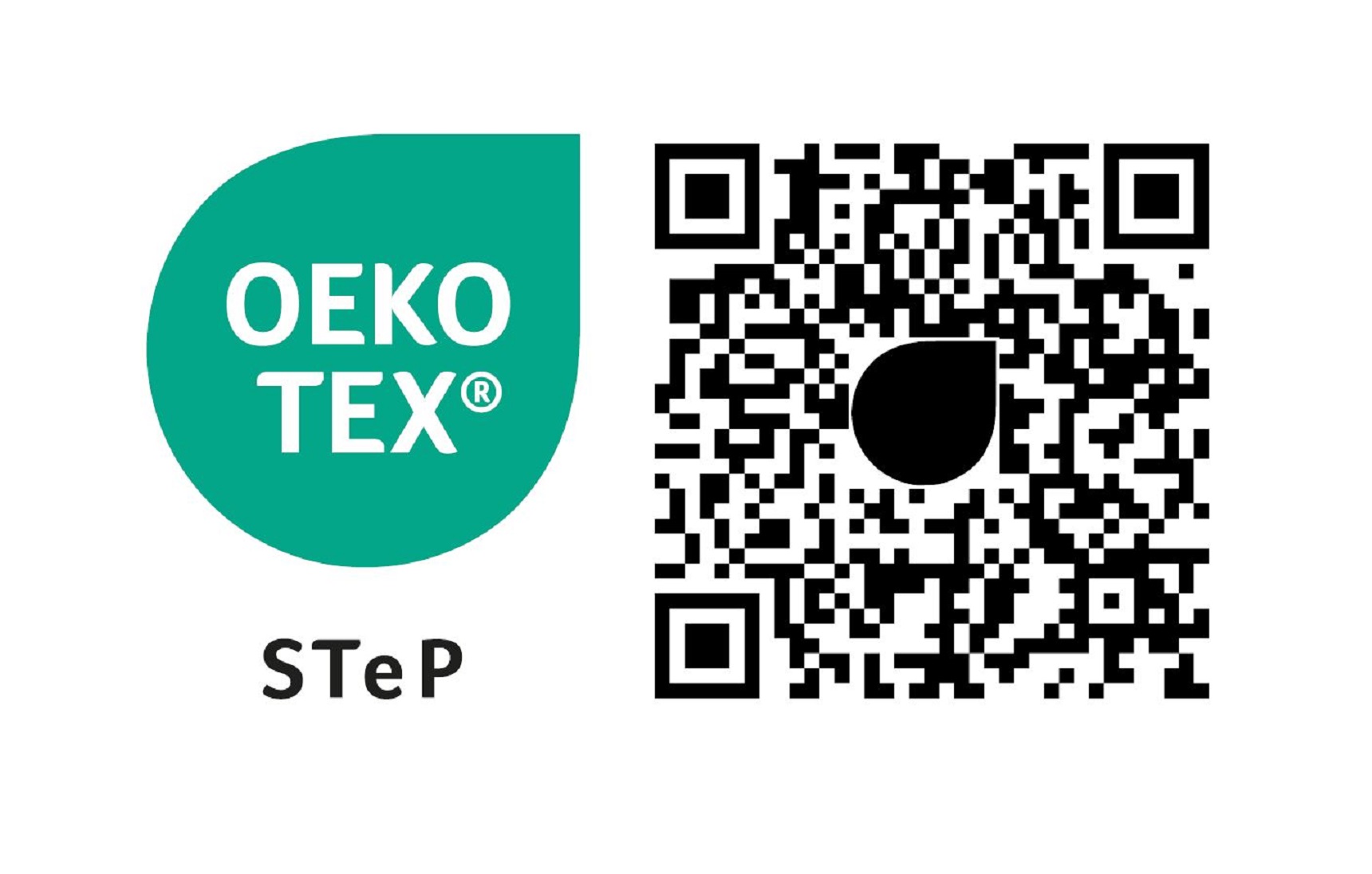
STeP is an independent certification system for brands, retail companies and manufacturers from the textile chain which want to communicate their achievements regarding sustainable production to the public in a transparent, credible and clear manner. Certification can be obtained for production facilities in all of the processing stages, from fibre production, spinning mills, weaving mills, and knitting mills to finishing facilities and manufacturers of ready-made clothes.
For the STeP certification, all of the areas of the company that were of relevance with regard to sustainable production and social conditions were first analysed using a web-based assessment tool. This included the handling of chemicals and possible hazardous materials, environmental performance measured using a wide range of criteria, the implementation of an environmental management system, company responsibility in relation to employees, efficient quality management and safety in the workplace. During the subsequent audit of the production facilities, the specifications provided by the company were verified on site by the OEKO-TEX® auditors and a detailed audit report was created. The results of the individual areas are collected and displayed together in a clear overall scoring system on the issued STeP certificate. But the decisive factor for many companies is also that the solutions implemented as part of the STeP certification are regularly reassessed to ensure continuous improvement and further positive development.